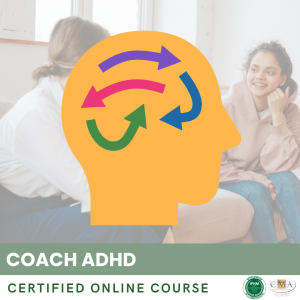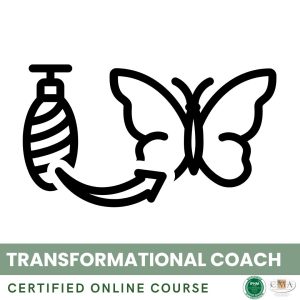Submodule 9.3 – Techniques for Enhancing Self-Esteem and Self-Acceptance
In Submodule 9.3, we concentrate on “Techniques for Enhancing Self-Esteem and Self-Acceptance”, a cornerstone in the paradigm of personal growth and spiritual coaching. This part of the course deals with one of the most profound challenges many people face—the development of a loving and accepting relationship with oneself. Nurturing self-esteem is akin to watering the roots of a tree; it’s essential nourishment that allows the individual to grow strong and steadfast, resilient in the face of life’s adversities.
The journey to enhanced self-esteem often begins with identifying limiting beliefs and narratives. Just as a gardener must recognize the weeds choking a plant, coaches work with clients to unearth the detrimental thought patterns that have been sown throughout their lives—including past incarnations—and that now prevent them from recognizing their inherent worth. Sharing transformative experiences, such as a client who realized their chronic self-doubt was linked to criticisms endured in a past life, underscores the depth of this work.
Affirmations and positive self-talk are practical tools that coaches can teach clients to begin rewriting their internal script. By actively choosing and repeating statements that reinforce their value and capabilities, clients effectively retrain their subconscious to adopt a more supportive internal dialogue, similar to how positive reinforcement can change behavior over time.
Visualization exercises can also be a powerful aid. Clients are guided to imagine themselves as confident, valued, and accepted individuals. There are stories of clients who, through visualization, stepped into powerful roles they once believed were unattainable, which led to increased self-assurance and life satisfaction.
Coaches may incorporate body-oriented practices into their toolkit, as well. Often, low self-esteem manifests physically—through posture, for instance. Activities such as yoga, tai chi, or simply practicing authoritative body stances can have a profound impact on internal states, as embodied by a client who adopted power poses and noticed a significant boost in confidence in their daily interactions.
Reflective exercises such as journaling or creating self-compassionate letters may be used to cultivate a kinder self-relationship. Stories of clients writing letters to themselves that express forgiveness and understanding for past mistakes can serve as a potent illustration of the therapeutic power of self-compassion in action.
Through these practices, clients learn to cultivate an inner ally instead of an inner critic—transforming the relationship with themselves, and by extension, enhancing their relationships with others and their capacity to navigate life.
Key Takeaways:
– Identifying and changing limiting beliefs are crucial steps in enhancing self-esteem.
– Affirmations and positive self-talk are essential techniques for improving self-worth.
– Visualization exercises can empower clients to see themselves in new, self-affirming ways.
– Body-oriented practices can help reinforce feelings of self-confidence and presence.
– Journaling and self-compassionate reflections support the development of a nurturing self-relationship.
👉 To download docx (Editable) file click here : Click here
👉 To download PDF file click here : Click here
👉 To download MP3 file click here : Click here






